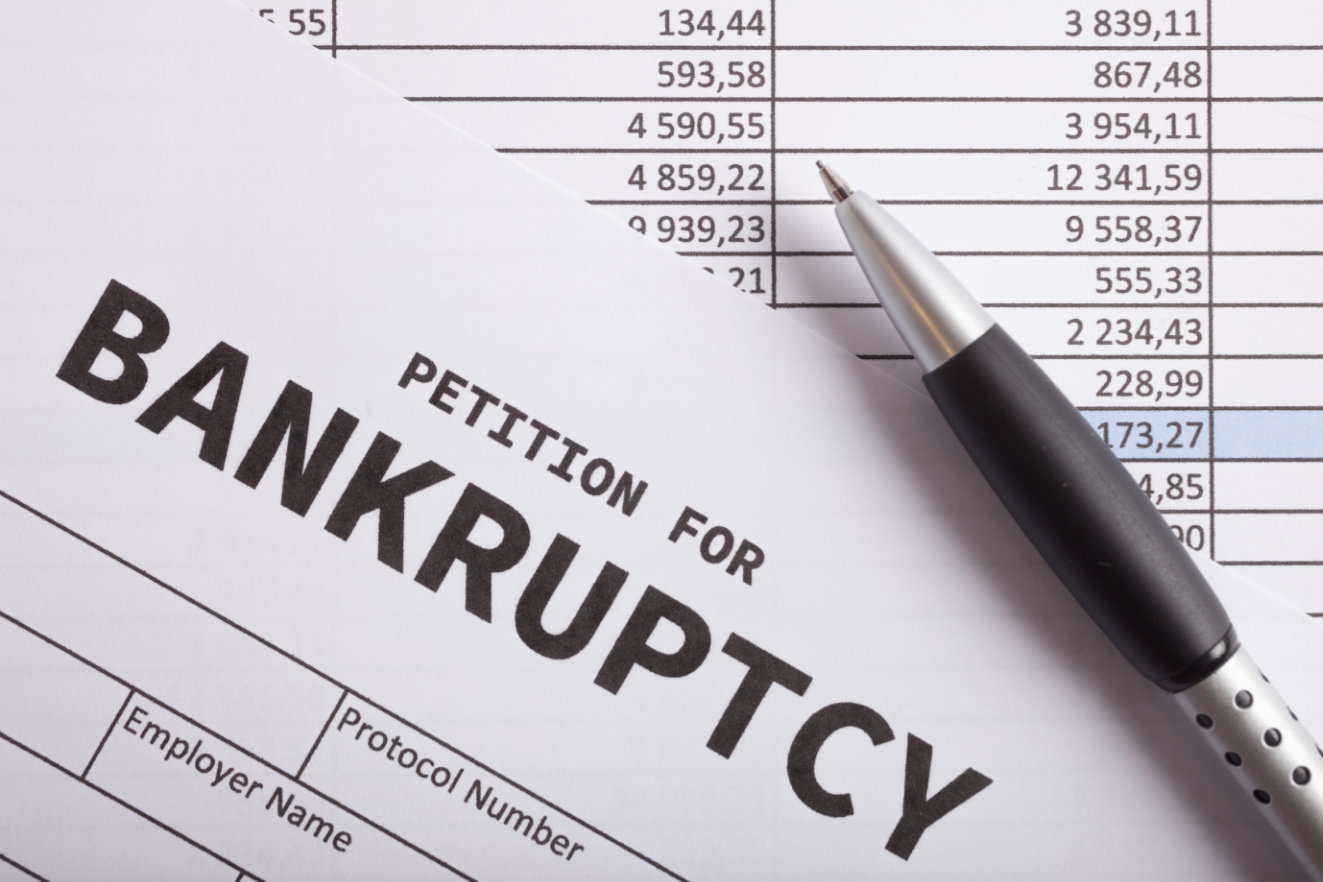After you decide to file for bankruptcy, the next step is to gather the necessary documentation. You will need to provide the court with the proper paperwork including a full picture of your spending, income, assets, properties, and debts. All documentation and paperwork should be detailed, accurate, and complete. Failing to provide accurate and honest information in your paperwork can be grounds for having your bankruptcy discharge denied.
Before Filing, the Following Information is Required:
- Paycheck stubs from the last seven months
- Copies of your last two income tax returns
- Copies of your Social Security Card and Photo ID
- Copies of your pension plans, retirement plans, and 401(k) statements
- All bills, this includes past-due utility bills
- Copies of collection letters from any creditor.
- A Bankruptcy Certificate from a Credit Counseling Agency
- NADA/BLUE Book value for vehicles
- Bank statements from all bank accounts from the past six months
A Nebraska Bankruptcy Attorney Can Help During this Process
Hiring a bankruptcy attorney should be your first step before declaring bankruptcy in the state of Nebraska. They can ensure that no mistakes are made while filing your bankruptcy paperwork and that the necessary documentation is accurate the first time you file. Any mistakes made during the complex process will ultimately result in you losing money and time. McGuire Law Offices are highly experienced and ready to assist you in doing it right the first time.
Before you can file bankruptcy in Nebraska you will be required to provide the following information:
Paycheck stubs
Before beginning the bankruptcy filing process, all paycheck stubs from the last seven months from all jobs must be provided to your attorney. The court requires an analysis of the last seven (7) months of earnings to determine the “Means Test.” The debtor is also required to file with the court any pay advices received in the 60 day period before the bankruptcy case is filed. Any income earnings should be made available which could be from disability, social security, or investments. Anyone self-employed should also be prepared with a copy of their profit and loss statements for the last seven months up to one year.
Income Tax Returns
You will need to make copies of and provide to your attorney your last two income tax returns because they are used to verify your income.
Identification
Verifying who you are is required when you meet with the hearing trustee. Failure to follow their instructions will result in the dismissal of your case. Provide copies of your Social Security Card and Photo ID to your attorney. The debtor is required to provide this information to their case trustee. Your filing process will be halted until a complete verification is presented.
Retirement Statements and Plans
The court will need access to copies of your pension plans, retirement plans, and 401(k) statements to proceed. Any transfer of money prior to filing for bankruptcy should be made known to court; proof of the transfer must also be shown.
Bills and Collection Letters
Accurate numbers from expenses and utilities should be determined and documented. This includes all bills and collection letters, even past-due utilities. The debtor is required to list all of their debts, everyone they owe money to. You are not allowed to leave any creditor off of the bankruptcy.
Certificate of Bankruptcy
You must obtain a Bankruptcy Certificate from a Credit Counseling Agency within 180 days of the day you plan to file your bankruptcy. Acquire your certificate through one of approved providers at (http://www.usdoi.gov/ust), the cost will vary depending on your course plan. You may have the completed certificate emailed to your personal attorney or faxed to (402) 939 – 0430.
Vehicles
Proof of ownership over all vehicles is required; any loans on vehicles also need to be documented. The vehicle’s value must be proven through a NADA/BLUE book guide, most trustees will accept online printouts and some may require copies of your registration.
Personal Financial Management Class (2nd Credit Counseling Class)
Following your bankruptcy filing, you must complete a Personal Financial Management Course, obtaining a certificate to be given to your attorney and filed with the court. You are responsible to validate that your certificate was received by your attorney and then filed by the court. The case will be closed with remaining debts if the course is not completed prior to discharge. If this happens, additional attorney fees and court costs will be added to your bankruptcy case.



